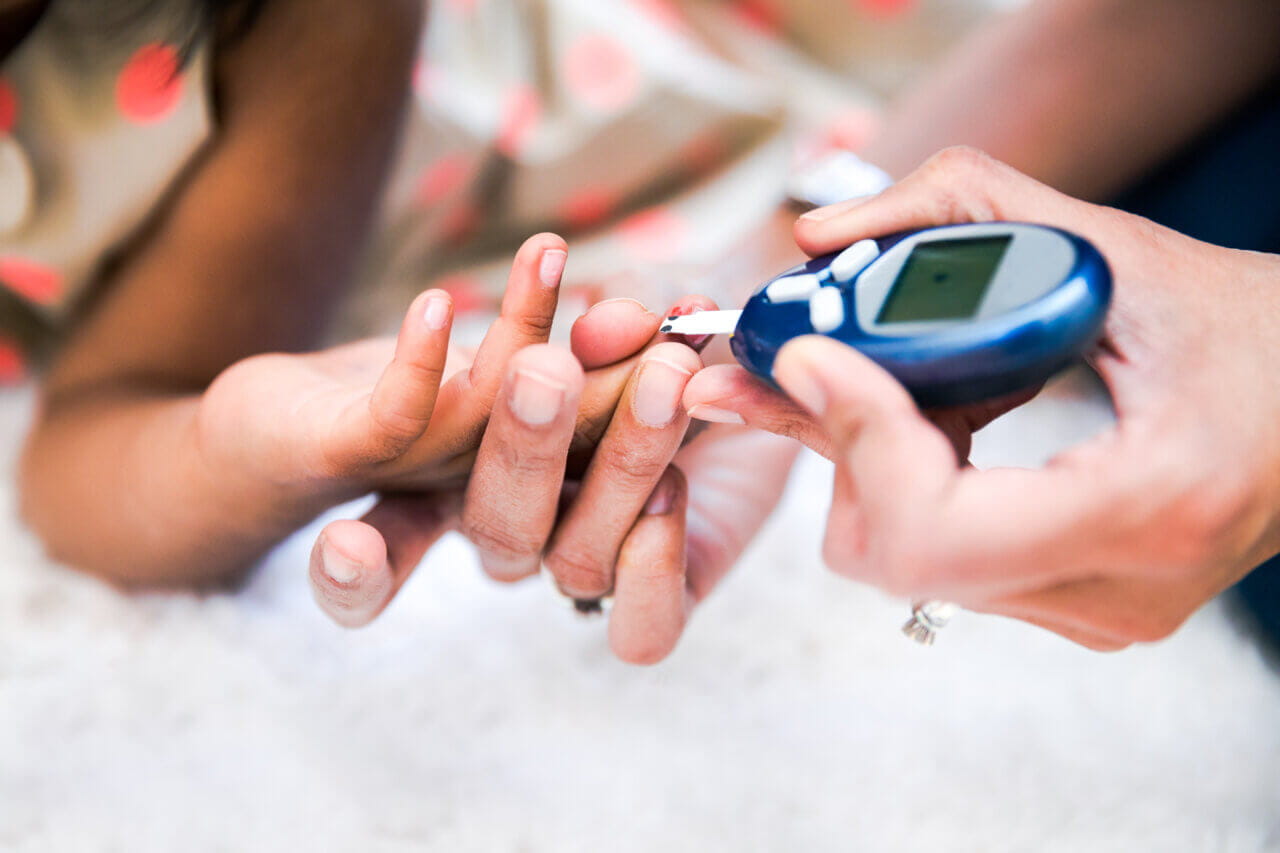Is Dizziness After Eating a Sign of Diabetes?
.jpg?rev=6afdf8ecd202485699cd65020a9ade11)
This content was reviewed and approved by Shana Nicholson MSN, RN, CDCES, MLDE, PCCN.
Feeling dizzy can be unsettling. If it occurs after a meal, you may wonder if it could be a sign of something serious, such as diabetes. While several factors can contribute to post-meal dizziness, a connection to blood sugar regulation does exist.
This article explains why you might experience dizziness after consuming a meal.
Why Do I Feel Dizzy After I Eat?
One of the most common causes of dizziness after eating, especially for older adults, is a condition called postprandial hypotension. After a meal, your body redirects a significant volume of blood to your stomach and small intestine to facilitate digestion.
In response, your heart should beat faster and your blood vessels should narrow to maintain blood pressure throughout the rest of your body. When this response doesn’t happen as it should, your blood pressure can drop, leading to symptoms like:
- Dizziness
- Lightheadedness
- Fainting
- Chest pain
- Nausea
- Vision changes
Prediabetes, Diabetes, and Reactive Hypoglycemia
While postprandial hypotension is a common cause of dizziness after eating, another possibility is reactive hypoglycemia. This condition occurs when your blood sugar drops to a low level within a few hours after a meal. It can occur in individuals with prediabetes, a condition where blood sugar levels are higher than normal but not yet high enough to be diagnosed as type 2 diabetes.
Here’s how this plays out. After you eat, your body releases a surge of insulin to help your cells absorb sugar (glucose) from your bloodstream to power your body. In people with prediabetes, this insulin response can be excessive, causing too much sugar (glucose) to be cleared from the blood. This results in low blood sugar, or hypoglycemia, which can cause dizziness.
Symptoms of reactive hypoglycemia can include:
- Shakiness
- Dizziness
- Lightheadedness
- Sweating
- Hunger
- Rapid or irregular heartbeat
- Feeling weak or tired
- Irritability
- Anxiety
- Headache
- Confusion
If you have diabetes and are on medication, dizziness can be a sign that your medication may need adjustment.
Other Potential Causes of Dizziness After Meals
Other factors can also contribute to dizziness after eating. These include:
- Dietary triggers that affect the body’s fluid balance.
- Being significantly dehydrated.
- A blood pressure drop from standing too quickly.
- Gastroparesis, which slows digestion.
What to Do if You Experience Dizziness After Eating
If you frequently feel dizzy after meals, it’s essential to talk with your healthcare provider. They can help you identify the underlying cause and recommend the most effective course of action. Your provider may suggest:
A Mixed-Meal Tolerance Test
A mixed-meal tolerance test is used to check how your blood sugar responds after eating. You consume a balanced test drink or meal, and your care team measures your glucose at set intervals to see whether it drops too low. Depending on your provider’s plan, they may also measure insulin or related hormones. The results help determine whether post-meal symptoms are due to reactive hypoglycemia or another cause.
An Elimination Diet
An elimination diet is a short, structured plan to identify food triggers. With guidance from your provider or a registered dietitian, you temporarily avoid suspected foods or ingredients, then reintroduce them one at a time while tracking symptoms such as dizziness, bloating, or flushing. This approach helps pinpoint patterns while maintaining good nutrition.
Lifestyle Changes
These may help manage your symptoms.
Some simple lifestyle adjustments to avoid dizziness after eating include:
- Eating smaller, more frequent meals.
- Staying hydrated throughout the day.
- Avoiding alcohol and sugary drinks.
- Limiting high-carbohydrate foods.
- Lying down after meals.
If you often experience dizziness after eating, don’t ignore it. It could be a sign of an underlying health condition that needs attention. By working with your healthcare provider, you can determine the cause of your symptoms and take steps to address the problem.
To find a Baptist Health provider, please call 1.855.497.0835 or visit our provider directory.
Next Steps and Helpful Resources
Learn More About Diabetes Care at Baptist Health
Is Diabetes Genetic?
What Is Prediabetes?
Foods to Avoid With Diabetes


.png?rev=69f3814f012b4f3198cb9fabadc98e2b)
